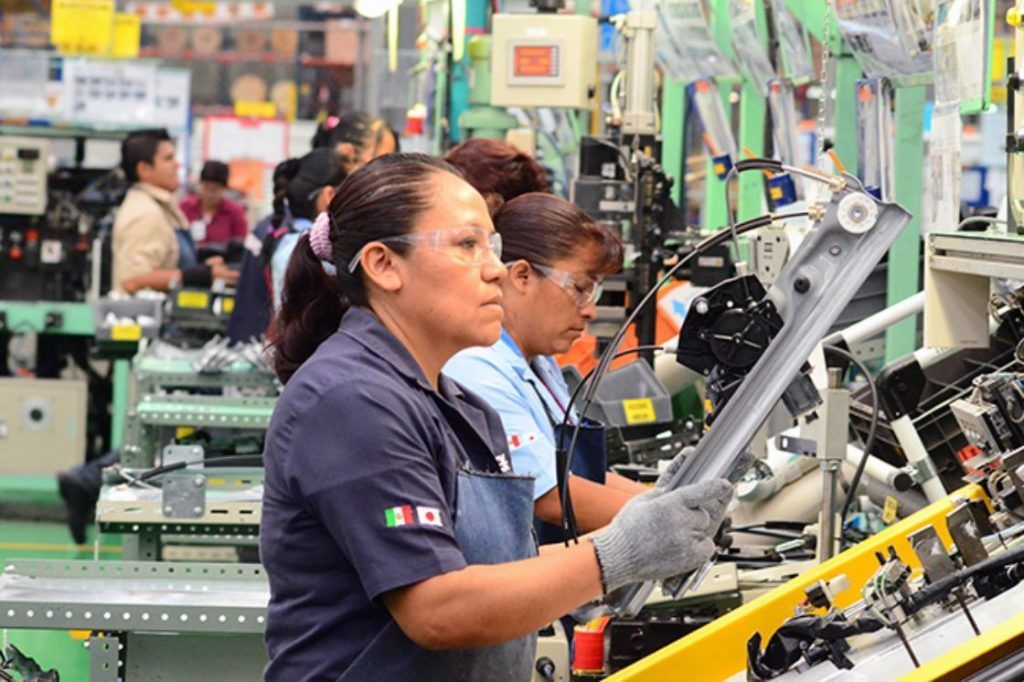Intermediate goods imported into Mexico hit a record high in the first half of 2025, at US$239.603 billion, according to data from the Bank of Mexico.
Intermediate goods are key pieces in production. They do not reach the final consumer, but they make the finished product possible. Industries buy them as inputs. Then, they transform or integrate them into other goods before going to market.
Intermediate goods imported into Mexico
Mexico imports intermediate goods such as semiconductors, integrated circuits, displays, fertilizers, plastics and resins. It also purchases parts for computers, televisions and electrical conductors, mainly from China, which feed manufacturing chains in sectors such as the automotive, electronics and industrial sectors.
Below is the value of intermediate goods imported into Mexico, in the first half of each year, in millions of dollars, with their year-on-year growth rates:
- 2018: 171,987 (+11.0 percent).
- 2019: 174,485 (+1.5 percent).
- 2020: 412,549 (-18.3 percent).
- 2021: 188,339 (+31.9 percent).
- 2022: 232,518 (+23.5 percent).
- 2023: 228,575 (-1.7 percent).
- 2024: 229,704 (+0.6 percent).
- 2025: 239,603 (+3.6 percent).
Mexican imports
In 2024, Mexico’s total imports, excluding services, grew 4.5% compared to 2023. The increase was driven by a 7.3% rise in non-oil goods, despite a 25.7% drop in oil goods. Of the total, 75.6% were intermediate goods, 14.5% consumer goods and 9.9% capital goods. Exports also rose, with an increase of 4.1% over the previous year.
The Constitution defines the powers of the federal government and the states. The latter can only exercise what has not been assigned to the federal government. By law, the federation has the exclusive right to impose taxes on imports, exports and the transit of merchandise. It may also regulate or prohibit the circulation of goods within the country.
The federal entities have clear restrictions. They cannot sign international treaties, mint currency or assume debts abroad or in foreign currency. Nor can they tax the entry, exit or transit of goods within their territory.
However, there is one exception. With the authorization of the Congress of the Union, local governments may establish taxes related to foreign trade.

